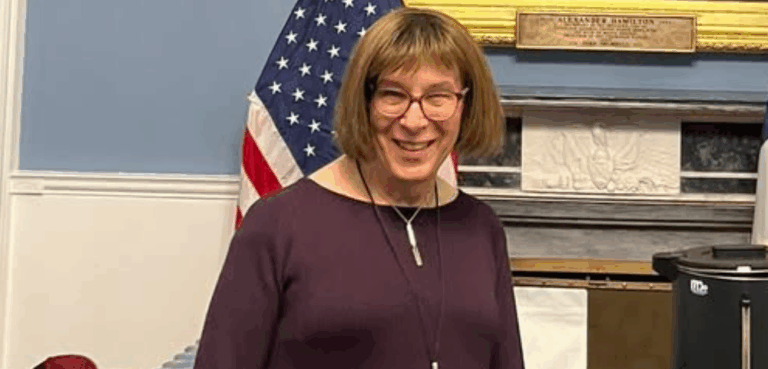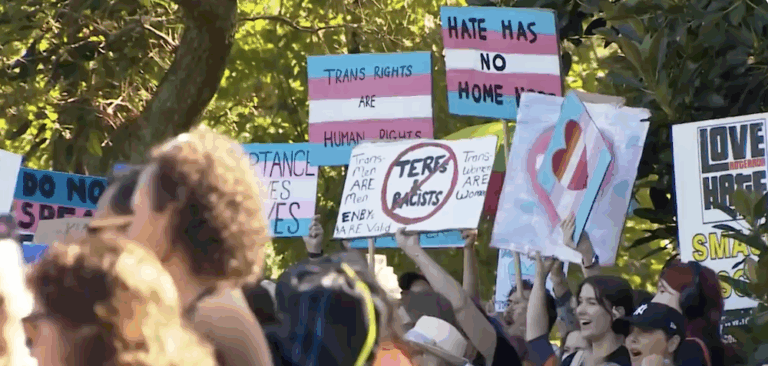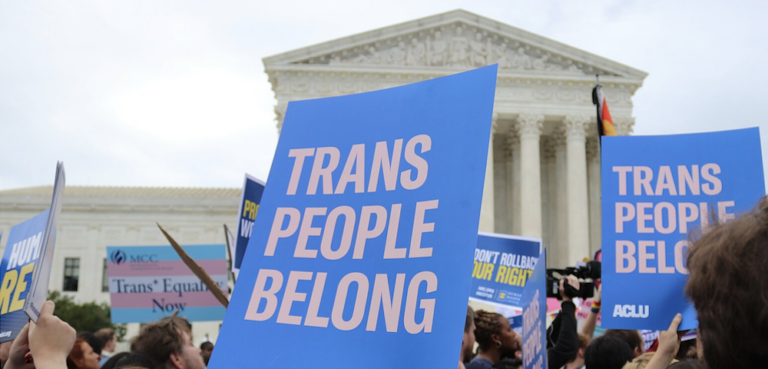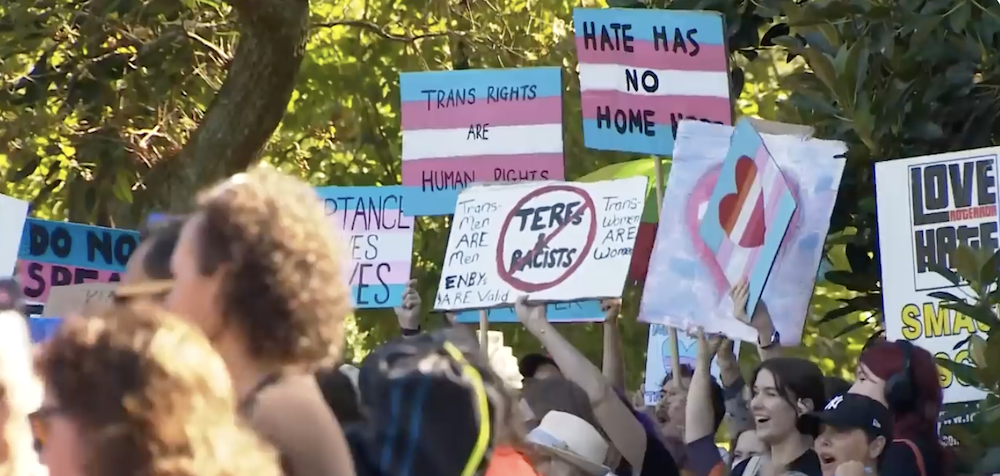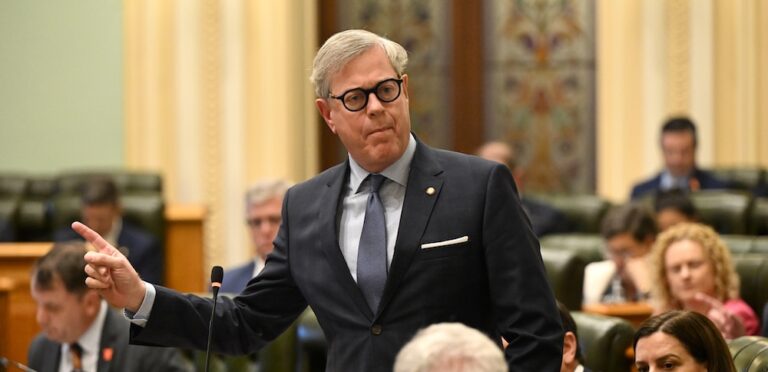
Florida Court Orders Transgender Teacher to Misgender Herself In The Classroom

A U.S. federal appeals court has upheld a Florida law requiring a transgender teacher to misgender herself while teaching, reigniting fears over the erosion of trans rights in education and across the United States.
Katie Wood, a transgender woman and public high school teacher in Hillsborough County, was at the centre of the case which is drawing national attention in the wake of Trump’s anti-transgender reforms.
Court ruling forces transgender teacher forced to misgender herself
On June 2, the Eleventh Circuit Court of Appeals ruled 2–1 to overturn a previous injunction that had temporarily blocked a 2023 amendment to Florida’s contentious “Don’t Say Gay” law.
The updated legislation bans the use of gender-affirming language and personal identifiers by transgender teachers in public schools.
The ruling forces Wood to stop using “she”, “her”, and “hers” pronouns to describe herself in front of students, a directive she and her legal team argued violates her right to free speech under the First Amendment.
In the court’s majority opinion, Judge Kevin Newsom, joined by Judge Andrew Brasher, concluded that Wood was not entitled to First Amendment protections in this context. “We hold only that when Wood identified herself to students in the classroom using the honorific ‘Ms.’ and the pronouns ‘she,’ ‘her,’ and ‘hers,’ she did so in her capacity as a government employee, and not as a private citizen,” the opinion stated.
Judge Newsom went further, minimising the relevance of Wood’s identity in the broader school environment, he stated that her pronoun use outside of direct classroom instruction, such as “conversing with colleagues in the faculty lounge” would be a different matter.
Legal experts and LGBTQIA+ advocates warn the precedent could undermine not only the rights of transgender educators, but broader protections around personal identity in public sector employment.
The decision is seen as part of a larger legislative push across Republican-led states to restrict LGBTQIA+ visibility and autonomy in public spaces, particularly schools.
Judge Adalberto Jordan described the majority decision as an assault on basic civil liberties. “We should be wary of holding that everything that happens in a classroom constitutes government speech outside the ambit of the First Amendment,” he wrote, warning that the logic used to justify the ruling could be weaponised by future administrations.
He argued that the ruling “leaves the First Amendment on the wrong side of the schoolhouse gate” and accused Florida of trying to silence views it politically opposes.
“The law has nothing to do with curriculum and everything to do with Florida attempting to silence those with whom it disagrees on the matter of transgender identity and status.”
Judge Jordan also raised hypothetical consequences that he said illustrate the ruling’s potential scope: “If the majority opinion is right, and I do not think that it is, Florida can require that married female teachers use the last name of their husbands in the classroom even if they have chosen to keep their maiden names … it can demand that unmarried female teachers use ‘Mrs.’ instead of ‘Ms.’ in the classroom … and it can require all teachers to call themselves ‘Teacher Smith’ in the classroom instead of using their actual last names.”
The case had previously seen a favourable ruling from U.S. District Judge Mark Walker in 2024, who argued that the law constituted a “classic speech injury” and was “substantially likely” to violate Wood’s constitutional rights. Judge Walker noted that Wood had consistently used her correct pronouns in the past and affirmed her right to continue doing so.
That injunction, now overturned, had been seen as a rare victory for transgender rights in a state where LGBTQIA+ protections have been under sustained legislative assault.
Advocacy groups have condemned the latest ruling as part of a broader campaign of erasure. Critics argue that Florida’s education policy has shifted from controlling curriculum content to actively regulating personal identity, blurring the lines between professional conduct and human dignity.
With the decision clearing the way for the law to take effect imminently, transgender educators in Florida now face an impossible dilemma: suppress their identity in the classroom or risk professional consequences.
As one civil rights advocate noted, “This is not about pronouns—it’s about whether transgender people are allowed to exist truthfully in public life.”


